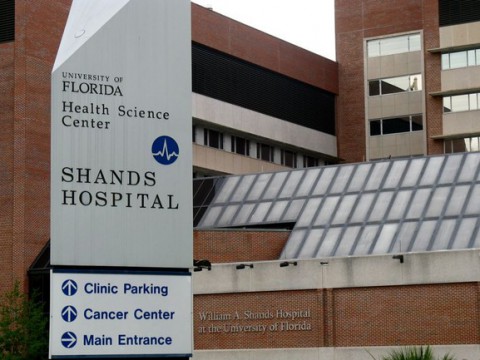 A 2010 decision by two large Florida healthcare systems to form a regional collaboration to share resources and trim costs is paying off, according to a study published by The American Journal of Accountable Care.
A 2010 decision by two large Florida healthcare systems to form a regional collaboration to share resources and trim costs is paying off, according to a study published by The American Journal of Accountable Care.
The University of Florida and Shands and nonprofit corporation Orlando Health Inc., have been able to save millions while improving patient care, the study said.
“We believe that the innovative approach taken by the University of Florida and Shands and Orlando Health has produced not only short-term benefits for both organizations, but also a viable path for transitioning to a more accountable payment and delivery model through a formal ACO (accountable care organization) contract in the future,” wrote study lead author Kavita Patel, MD, of the Brookings Institution.
The collaboration covers a huge swath, from Orlando up to Jacksonville. Over 3 million reside within the collaboration’s boundaries.
Successes have included:
- Shared pediatric orthopedics manpower
- Allowing the University of Florida and Shands to run regional transplant services, which enabled Orlando Health to free up capital dollars originally budgeted for its own program
- Extending Florida-Shands’ cardiology expertise system wide, through heart failure program that covers the entire region
- Conducting consultations and second opinions in cardiology through the use of telemedicine
- Bringing the acclaimed treatment program for patients with addictions from the University of Florida to the Orlando area
- Creating a joint ventricular assist device (VAD) program that enables the organizations to buy and share expensive mechanical pumps used to support heart function and blood flow in those with weakened hearts
In addition, supply chain data indicated that both organizations have saved millions of dollars for medical supplies, with the possibility of quality improvements tied to product standardization.
The collaboration also has been a learning experience for both organizations, as each has had to come to grips with its strengths and weaknesses.
“An expressed intent of these programs is the transparent sharing of data to critically evaluate which system has the best program in order to learn from each other and not duplicate costly services in which regional volumes are low,” Patel wrote.
Patel and her co-authors concluded that the collaboration is working.
“We believe that the innovative approach … has produced not only short-term benefits for both organizations, but also a viable path for transitioning to a more accountable payment and delivery model through a formal ACO contract in the future,” she wrote. “Organizations contemplating their own path toward an accountable care future can learn from University of Florida and Shands and Orlando Health’s approach.”









